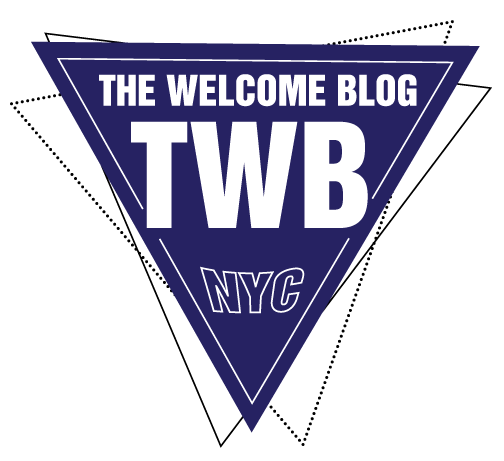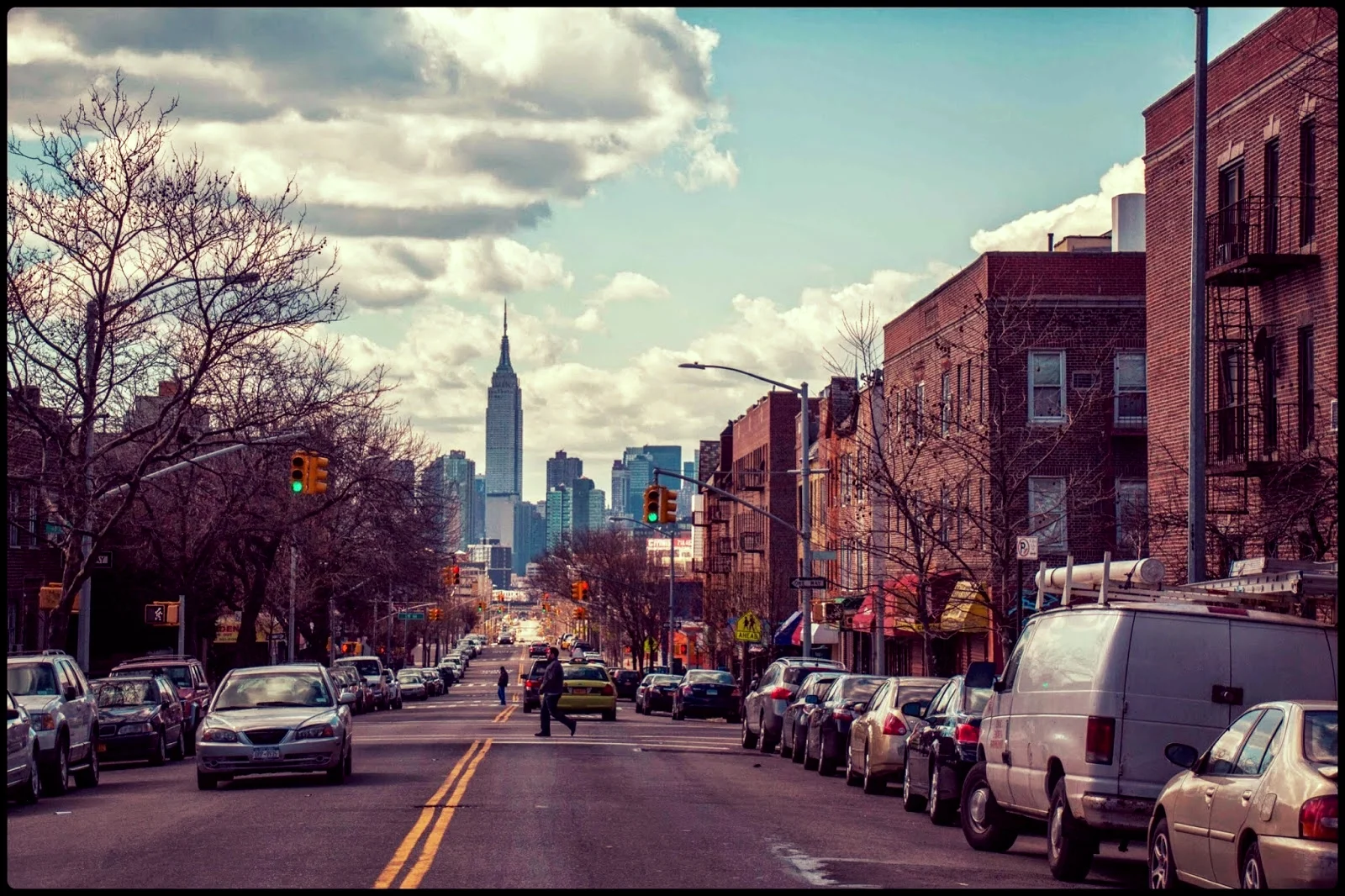United York City of Nations
Rising from the ashes of World War II, the city of San Francisco hosted the United Nations Conference on International Organization in June 1945, with members of 50 countries convening to draw up the U.N. Charter. The Charter grew from proposals developed by the United States, Soviet Union, United Kingdom and China. The United Nations officially came into existence in October 1945.
UNITED YORK CITY OF NATIONS
A Visual Storytelling by Lucas Compan
In 1946, New York beat out 248 other cities to host the organization the post-war generation hoped would bring us world peace. Its presence added to the city’s force as the center of international business, politics, diversity, and culture.
The United Nations Building was designed by the Brazilian architect Oscar Niemeyer and the Swiss-French architect Le Corbusier. The complex was completed in 1952, and located in the Manhattan's neighborhood named Turtle Bay. It is spacious and beautiful area that overlooks the East River, and makes border with First Avenue on the west, East 42nd Street to the south, East 48th Street on the north, and East River on the east.
Though it is in New York City, and part of the United States, the land used by the United Nations Headquarters is considered international territory, while also being subject to most local, state, and federal laws.
The United Nations Building (center), the Empire State Building (left), and Chrysler Building (right).
In 1948, the United Nations formulated the Universal Declaration of Human Rights, a historic proclamation of the rights and freedoms to which all men and women are entitled.
The United Nations building witnessing a beautiful, peaceful sunset – on August 12, 2016
Since then, there have been more than 80 U.N. treaties to protect and promote specific human rights. The Millennium Summit, held at the New York headquarters in 2000, was the largest gathering of world leaders to date.
UN Building, seen from Long Island City waterfront – across the East River. This is one of the best spots in New York to watch the sunset
UNITED FOR PEACE
KNOTTED GUN SCULPTURE
Did you know?
The famous Knotted Gun sculpture is one of the first artworks seen at the UN on the outdoor Plaza at the UN Visitors Entrance on 46th Street and First Avenue.
Swedish artist Carl Fredrik Reuterswärd made this sculpture after his friend, the singer and peace activist John Lennon, was shot dead in 1980. Yoko Ono asked him to commemorate Lennon.
The bronze sculpture, Non-Violence, is of a giant Colt Python .357 Magnum revolver with a knotted barrel and the muzzle pointing upwards.
Initially, the sculpture was placed in the Strawberry Fields memorial in Central Park, New York, across the 72nd street from where Lennon and Yoko lived.
In 1988, the Government of Luxembourg donated the bronze sculpture to the United Nations.
“The sculpture Non-Violence has not only endowed the United Nations with a cherished work of art; it has enriched the consciousness of humanity with a powerful symbol that encapsulates, in a few simple curves, the greatest prayer of man; that which asks not for victory, but for peace.”
THE SCULPTOR
Swedish artist Carl Fredrik Reuterswärd, best known for his sculpture of a revolver with a knotted barrel, died on May 3, 2016, aged 81.







There are 30 copies of the non violence sculpture around the world, ten of them in Sweden, and one in Beijing. The UN sculpture is the original.
On the 2011 anniversary of the death of John Lennon, fellow former Beatle Ringo Starr urged musicians to join The Non Violence Project, using an adapted version of Carl Fredrik Reuterswärd's famous sculpture.
The artist Reuterswärd, lived in Lausanne, Switzerland, for many years and his works were exhibited around the world. After a stroke in 1989 he was wheelchair-bound but began working with his left hand.
The sculpture was the basis for the Non Violence Project's 'Knot Violence' campaign. Lern more at http://www.nonviolence.com
UNITED MINDS
People at the non violence project work hard every day to inspire, engage and motivate young people to learn how to solve conflicts peacefully. Imagine if violence was turned into peace where you live. How much would that be worth to you and others? They also has been giving peace a face. You can give your face, too.
IMAGINE. THEN TAKE ACTION.
IMAGINE ONE BILLION FACES FOR PEACE
Imagine when we are one billion. We believe it will have impact on the people around us whom are not yet convinced that violence is bad and peace is good. We believe that our common concern for the same dream is a strong power. It will be even stronger if gathered in a motion forward.
We know that there are people in every corner of the world that are ready to stand up for the prevention of violence. If you are one of them and in for the billion, give peace your face.
TAKE ACTION NOW
Join celebrities, ordinary people, kids, athletes. Click here to add your face now.
UNITED TRAVELERS
Visiting the United Nations
The 18-acre site extends from 42nd Street to 48th Street, and from First Avenue to the East River. When you pass through the gates, you enter international territory. The land doesn't belong to just one country, but to all the countries that joined the organization. The United Nations has its own security, and fire forces, issues its own postage stamps and conducts business in six official languages: Arabic, Chinese, English, French, Russian, and Spanish.
The visitors' entrance is located on First Avenue at 46th Street. Parking is not available so public transportation is recommended. By subway, take the 4, 5, 6 or 7 trains to Grand Central Station and walk on 42nd Street to First Avenue. If taking the bus, take the M15, M27, M42 or M104.
General Assembly – United Nations
Arrive early for any scheduled tour or meal reservation in the Delegates Dining Room, a highly recommended experience. Security is thorough and you'll want to leave yourself enough time to get through the checkpoints.
Touring the U.N. With Young Ambassadors to the World
Throughout the year, young people from approximately 20 different countries who speak dozens of languages give tours to the public. These special U.N. tour guides, called U.N. Ambassadors to the Public, undergo intensive training and education in world events. They are briefed every morning on world developments so that their presentations are current on the day of the tour.
About 400,000 people visit the United Nations each year. May is usually the busiest month because of the large number of school groups. If you take a tour, you could easily end up being guided by a Brazilian from the Amazon and joined by backpackers from New Zealand, farmers from Canada, Chinese businessmen or students from the United States. The unexpected variety is part of the fun. Call (212) 963-8687 for information on tours.
Lunch in the Delegates Dining Room
For a truly memorable experience, take the official tour and then have lunch in the Delegates Dining Room, which overlooks the East River and is filled with U.N. staff and delegates. Each week, a different country takes over the kitchen and offers up a sumptuous array of food and libations from their nation. Few tourists or native New Yorkers know about or go to the Delegates Dining Room for lunch, so you'll feel like a real insider.
United Nations Delegates Dining Hall
Arrive toward the beginning of lunchtime and grab a table before the rush. The dining room fills up quickly with U.N. delegates and workers, and lines easily develop for the mouthwatering culinary delights stretched out on the buffet and served by chefs from that week's hosting country. It’s all-you-can-eat, so save your appetite for dessert.
Don’t be in a rush once you get a table. With unlimited food, it's easy to sit there for several hours enjoying the incredible view of New York and the mix of people.
Making a Reservation for Dining at the U.N.
Reservations for the Delegates Dining Room are a must and should be made as far in advance as possible through the maître d'hôtel at 212-963-7625. The minimum age requirement for group reservations is 12 years or over. Proper attire is required.
In order to get upstairs to the Delegates Dining Room, you must present a photo ID at the information kiosk in the main lobby. You'll receive a security pass and badge. A security guard near the elevator will direct you to the attended elevator which takes you to the fourth floor. It’s a bit complicated but still loads of fun. You’ll feel like a diplomat.
UNITED TOURS
To get to the United Nations Building–and other landmarks in New York City, you can take a double-deck bus with live guide in English, and audio/headphones in English, Spanish, Italian, French, Portuguese, German, Russian, Hebrew, Chinese, Korean, and Japanese. Even the double-deck bus get into the United Nations spirit of nations united.


























